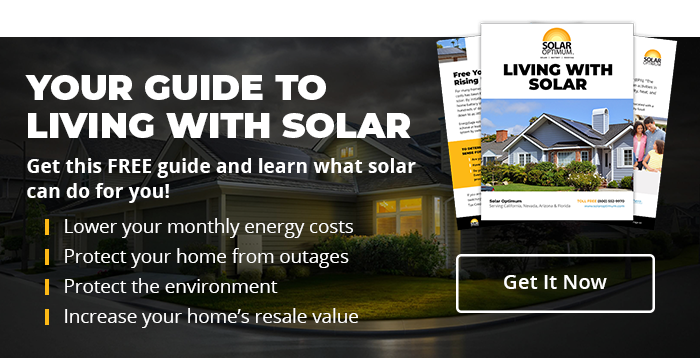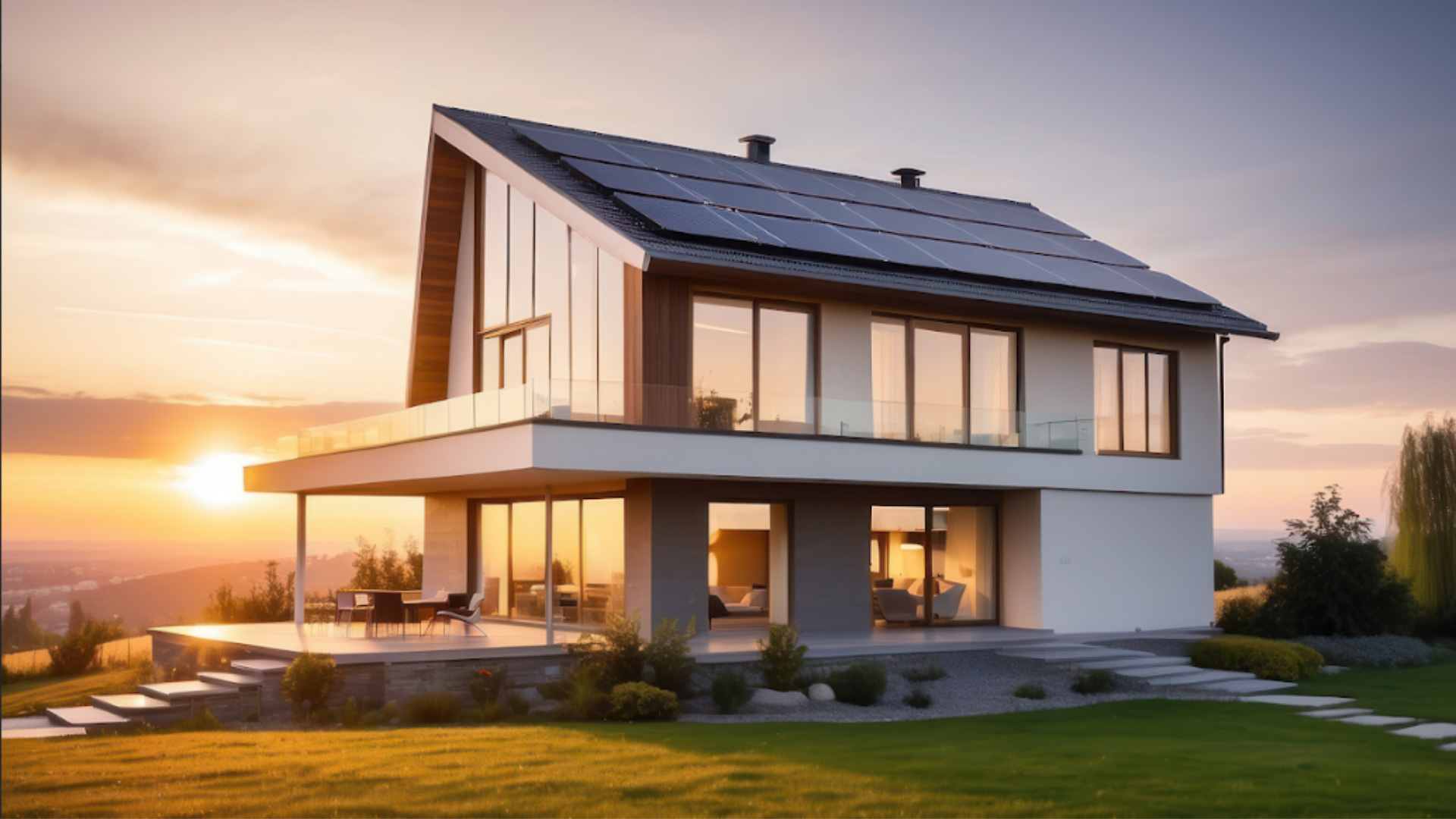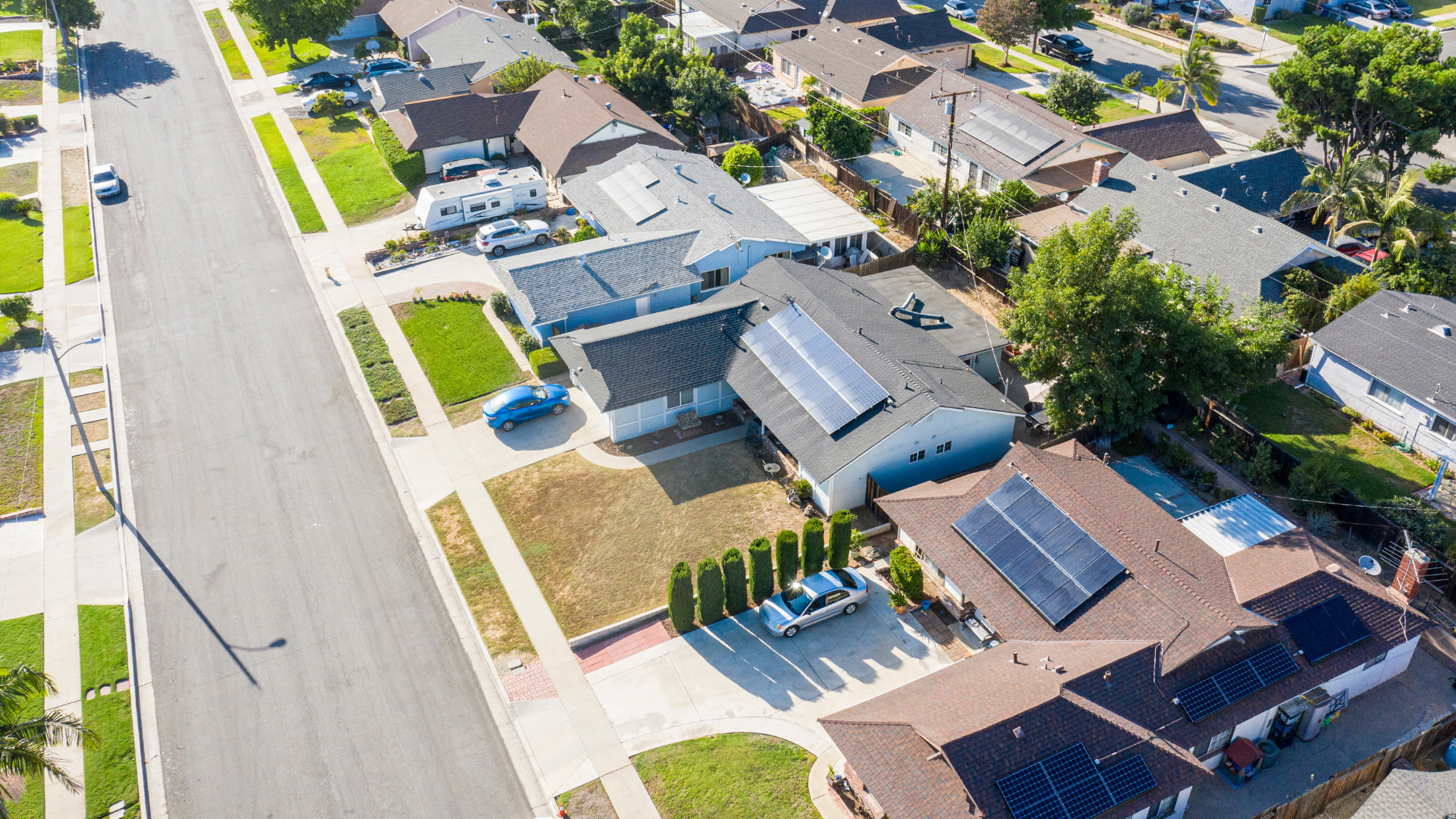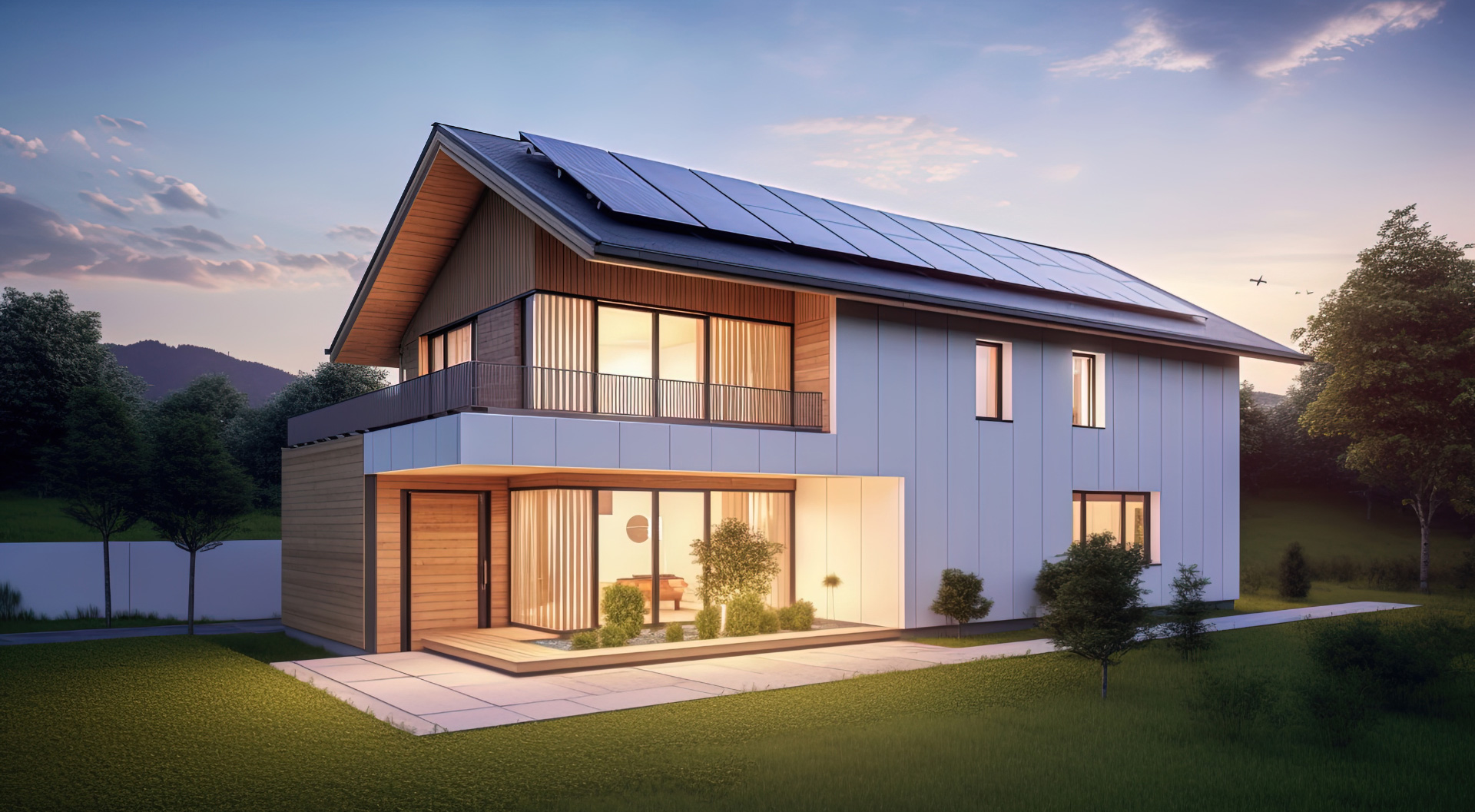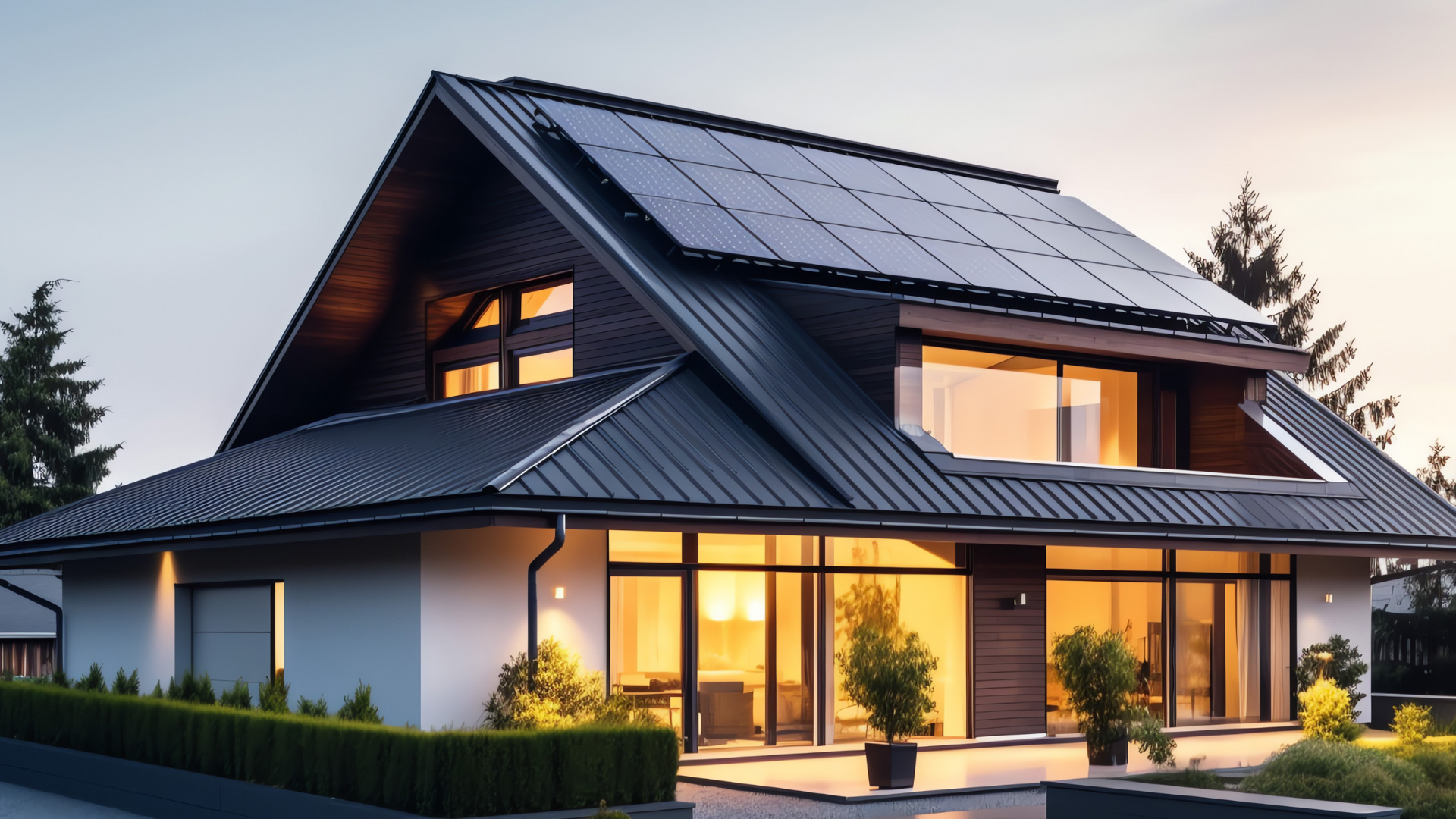Florida homeowners are finding refuge in solar panels to beat the electricity prices that continue to rise. With an initial investment between $8,000 and $30,000, it’s worthwhile to check that every aspect of your solar project is insured.
In this article, we’ll look at what’s covered, how home insurance compares to a manufacturer’s warranty, and whether you need separate insurance for your panels.
Does Home Insurance Cover Solar Panels in Florida?
The outright answer is yes. However, it is important to check with your insurer first to make sure your solar panels are insured.
This also depends on the location of your solar panels. Rooftop solar panels are covered under “dwelling coverage” since they are part of the roof and contribute to the structural integrity, whereas ground-mounted panels are sometimes installed separately from the house. For example, a ground-mounted panel may be installed on a carport, making them covered under “other structures” coverage. Some insurance coverage is better than others, so we recommend shopping around and getting quotes.
Manufacturer’s Warranty vs Homeowner Insurance Coverage
Regarding warranties, risks differ, and each policy covers specific risks. Solar panels are covered by the manufacturer’s warranty during installation. Although most warranties usually last 25 years, they only cover manufacturing defects and the panels themselves. This poses a possible risk if the damage occurs due to a hurricane, hailstorm, or other unprecedented events. Including solar panels in your homeowner insurance coverage is the best way to be sure that your solar panels are covered from a wide range of risks.
Do I Need Separate Insurance for My Solar Panels?
This depends on the size of the system you are planning to install. Florida stipulates system sizes by tiers according to kilowatts:
- Tier 1: These are systems less than or equal to 10 kW. They don’t require separate insurance.
- Tier 2: These are systems larger than 10 kW to 100 kW. These systems require additional proof of “Personal Liability Policy” (PLP) with at least $1 million coverage on homeowner’s insurance coverage. However, they can be bundled together into one policy.
- Tier 3: These are systems larger than 100kW. This tier requires general liability insurance for no more than $2 million.
Get Full Peace of Mind When Partnering With Solar Optimum
While solar panels are covered by home insurance, it is important to involve your company to understand the limits and when to have separate insurance. When looking for a trusted solar provider, find one that works closely with your insurance provider to ensure you streamline the policies.
At Solar Optimum, the premier solar panel expert in Florida, we understand that solar panels affect home insurance and offer expert guidance to ensure every possible risk is covered. Contact us or download our Ultimate Guide to Going Solar to learn more about how to begin your solar journey.
